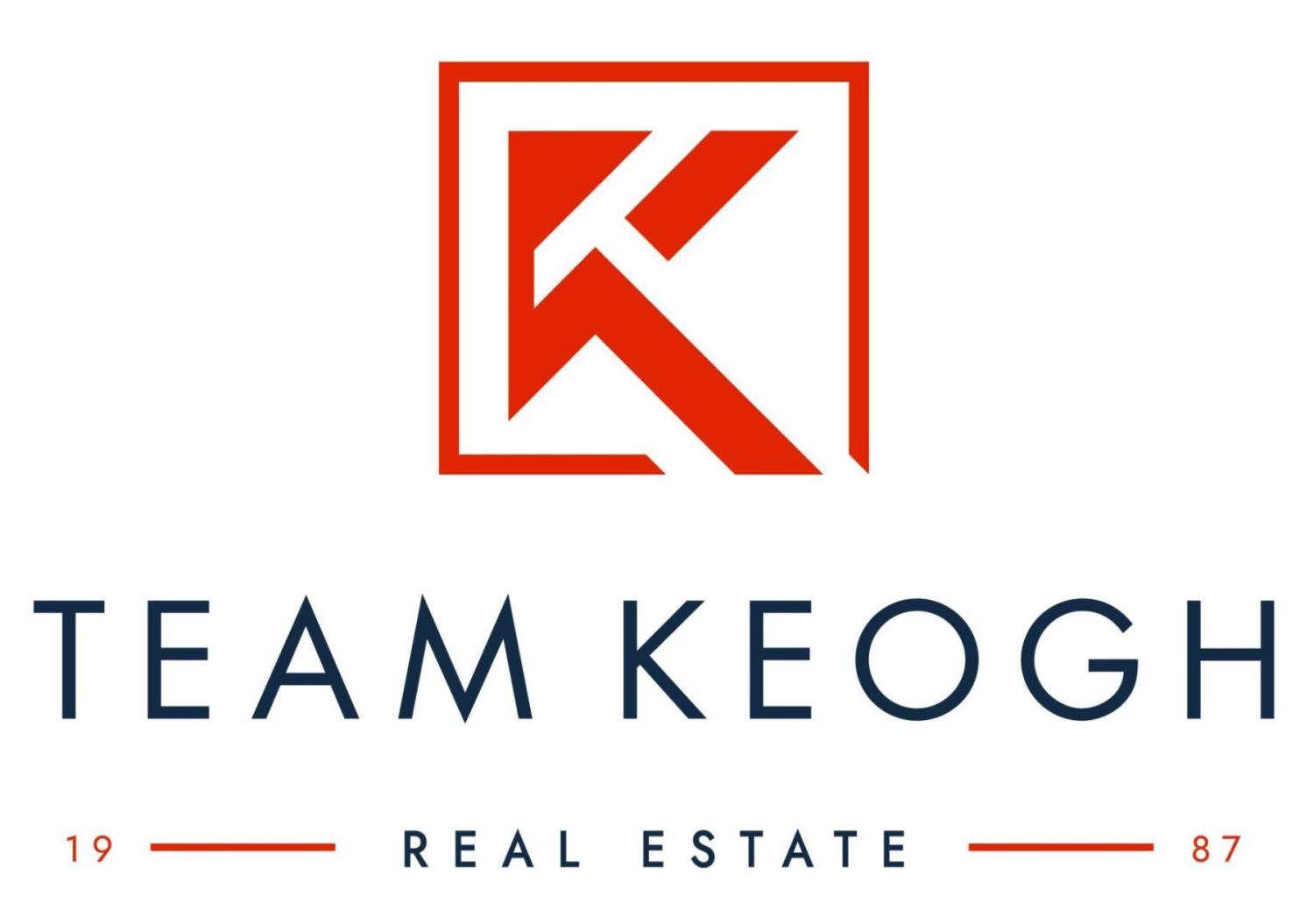
Buying a home is one of the biggest financial decisions you'll ever make—and let's be real, the process can feel overwhelming. Whether you're a first-time homebuyer or looking to refresh your knowledge, understanding the key steps can help you navigate this journey with confidence and avoid costly mistakes.
In this comprehensive guide, we're breaking down the 5 most important steps every buyer needs to follow to make their home purchase as smooth and stress-free as possible.
1. Get Pre-Approved for Your Mortgage
Before you even start browsing listings, the very first step is to speak with a mortgage specialist. This crucial first step helps you understand exactly how much house you can afford, saving you time and potential heartbreak down the road.
What Makes a True Pre-Approval?
Not all pre-approvals are created equal. A proper pre-approval involves:
- A full credit bureau check and credit score assessment
- Detailed analysis of your income and expenses
- Calculation of your GDS (Gross Debt Service) and TDS (Total Debt Service) ratios
- Written confirmation of your maximum purchase price and interest rate
*Pro Tip:* Don't just go to your regular bank. Consider working with a mortgage broker who can shop around for the best rates. Many people are surprised to learn that mortgage brokers can often secure better rates even from your own bank! The best part? For most standard mortgages, the broker's services are free to you—they're paid by the lender.
2. Find a Buyer's Agent to Represent You
One of the most critical decisions you'll make is finding a real estate agent who will represent YOUR interests in the transaction.
Why You Shouldn't Contact the Listing Agent Directly
Many buyers make the mistake of reaching out directly to the listing agent they see on a property. Here's why that's problematic:
- The listing agent has a fiduciary duty to the seller, not to you
- They're contractually obligated to get the best deal for the seller
- You won't have someone advocating exclusively for your interests
A buyer's agent will help you navigate the market, negotiate effectively, and ensure you don't overlook important details. Best of all, in most cases, the seller pays their commission, so their professional services come at no direct cost to you.
*Remember:* Find an agent you know, like, and trust. Your relationship with your realtor is crucial to a successful home buying experience.
3. House Hunting and Making an Offer
This is where the exciting part begins! With your pre-approval in hand and a trusted agent by your side, you can start looking at properties within your budget.
The House Hunting Process
- The timeline varies significantly—it could take days, months, or even years
- Your preferences may evolve as you see more properties
- Create a list of needs (must-haves) versus wants (nice-to-haves)
- Don't hesitate to contact your agent about properties—it's literally their job!
If you're unable to view a property in person, a good agent will tour it for you and provide video walkthroughs to help you make informed decisions.
Making an Offer
When you find "the one," your agent will help you prepare a competitive offer. Remember:
- Just because you're approved for a certain amount doesn't mean you should spend that much
- Consider your comfort level with monthly payments, not just the total price
- The offer includes more than just price—closing dates and other terms can be negotiating points
- A skilled agent will use all aspects of your offer strategically to get you the best deal
4. Home Inspection
Once your offer is accepted, the next critical step is the home inspection. This is your opportunity to have a qualified professional examine the property from top to bottom.
Why Home Inspections Are Non-Negotiable
A thorough inspection will reveal any issues with:
- The roof and attic
- Foundation and structural elements
- Electrical and plumbing systems
- HVAC systems
- Potential water damage or mold
- And much more
After receiving the inspection report, you have three options:
1. *Accept* the property as-is and move forward
2. *Reject* the findings and walk away (getting your deposit back)
3. *Modify* your offer based on the findings, entering a second round of negotiations
Most commonly, buyers choose the third option, negotiating repairs or a price adjustment to account for necessary work.
5. Budget for Closing Costs
Many first-time buyers are surprised by the additional costs associated with finalizing a home purchase. Typically, closing costs range from 1-4% of the purchase price and include:
- Legal fees and disbursements
- Land transfer taxes
- Title insurance
- Home inspection fees
- Possible prepayment of property taxes or utility bills
- Moving expenses
Planning for these costs in advance ensures you won't face financial strain right as you're about to take possession of your new home.
Final Thoughts: Your Roadmap to Homeownership
The home buying process may seem complex, but breaking it down into these five essential steps makes it manageable:
1. Get pre-approved for your mortgage
2. Find a dedicated buyer's agent
3. Go house hunting and make a strategic offer
4. Complete a thorough home inspection
5. Budget appropriately for closing costs
By following this roadmap and working with qualified professionals, you'll be well-equipped to navigate the home buying journey with confidence and make one of life's biggest investments successfully.
Are you in the market for your first home? Have questions about any of these steps? Contact our team of experienced real estate professionals today for personalized guidance through your home buying journey.

